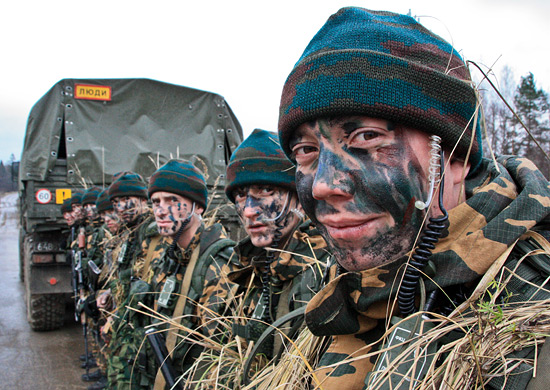
German prosecutors have conducted a search of the home of two pro-Kremlin activists, in search of evidence to substantiate a Reuters report that the couple donated funds to purchase radios
for Russian soldiers in Ukraine. Max Schlund and his partner Elena Kolbasnikova collected funds from supporters in Germany, which they allegedly donated to a Russian army division fighting in Ukraine. The funds were then used to buy walkie-talkie radios, headphones and telephones.
According to EU sanctions, it is illegal to supply or finance the purchase of certain goods for the Russian military, including radio gear. German law stipulates that anyone found to have violated such sanctions could face up to five years in prison. The search, executed by officers on Monday morning, was carried out at the couple's address, where computers and written documents were taken.
Ulf Willuhn, a representative of the Cologne public prosecutors, stated that the evidence collected from the search would be used to determine if Schlund and Kolbasnikova had breached paragraph 18 of the German foreign trade and payments act, which sets out punishments for violating international sanctions. He added that the search was in part triggered by Reuters' reporting on the donation for the purchase of gear for the Russian army division in Ukraine.
In addition, prosecutors were also looking for evidence to determine if the couple had violated section 140 of the German criminal code, which pertains to speaking approvingly of criminal acts. Responding to a Reuters reporter's inquiry, Kolbasnikova dismissed the search, stating that neither she nor her husband had violated German law in any way.
The investigation highlights the ongoing tensions between Russia and Ukraine, and the EU's efforts to enforce its sanctions against Russia. The sanctions, imposed in response to Russia's 2014 annexation of Crimea, have affected various sectors, including finance, energy, and defense. The EU has regularly updated and expanded its sanctions, including those targeting individuals and entities linked to the Kremlin.
The case also underscores Germany's commitment to enforcing international sanctions, particularly given its role as a leader within the EU. The country has played a significant role in shaping and enforcing EU sanctions against Russia, with the German government expressing strong support for the measures in the past.
Overall, the search of Schlund and Kolbasnikova's home demonstrates the EU's determination to enforce its sanctions against Russia, even in the face of opposition from pro-Kremlin activists. The investigation will likely continue as prosecutors evaluate the evidence collected from the search, underscoring the seriousness with which Germany views breaches of international sanctions.



































